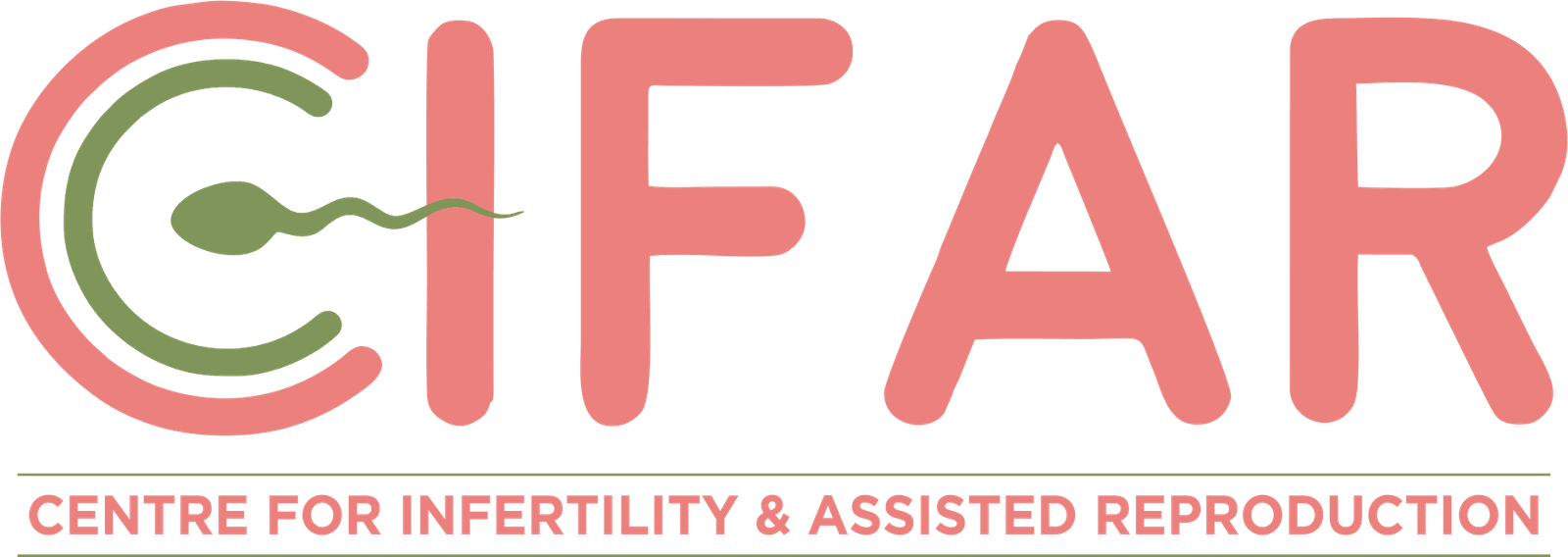In vitro fertilization (IVF) and other treatments for infertility have changed the field of reproductive medicine and given hope to many partners around the world. But there are concerns about the health effects that might happen to children born through IVF, like a possible link to autism spectrum disorder (ASD). These concerns need to be looked into more closely.
Dr. Puneet Rana Arora, founder of the CIFAR IVF Center in Gurgaon, India, and an infertility expert who has trained all over the world, supports care that is based on evidence. We’ll look at what science says about IVF and autism below.
Understanding Autism Spectrum Disorder
Autism Spectrum Disorder (ASD) is a developmental disorder that makes it hard to communicate, connect with others, and stop doing the same things over and over again.
According to the World Health Organization (WHO), about 1 in 100 children around the world have autism. Estimates show a similar rate of occurrence in India, though underreporting and lack of knowledge are still big problems.
IVF and Autism: The Evidence
Several studies have looked into whether children born through IVF are more likely to have autism than children born normally. What we found is important:
Is there any link between IVF and autism?
1. There Is No Causal Relationship: Most study shows that IVF procedures do not cause autism. Instead, things like family age, underlying infertility problems, or having more than one child are more likely to play a role.
2. Parental Age and Genetics: As parents get older, especially the father, the child is more likely to have autism.
3. Multiple Pregnancies: IVF often leads to multiple pregnancies, like twins, triplets, etc., which are linked to early birth and low birth weight, which can slightly raise the risk of developmental disorders like autism.
When compared to fresh embryo transfer, frozen embryo transfer (FET) seems to slightly raise the risk of autism, but the total risk is still low.
Theorized but Unsubstantiated Links Between IVF and ASD
Some hypothesized links between IVF and autism remain theoretical and lack robust scientific validation. These include:
- Epigenetic Changes: It is theorized that IVF procedures might influence gene expression in embryos, potentially affecting neurological development. However, evidence supporting this hypothesis is limited.
- Environmental Stressors During IVF: The controlled conditions of IVF, including hormonal stimulation and in vitro culture, are suggested as possible factors influencing embryo development. Current research has not confirmed a direct association.
- Imprinting Disorders: Rare imprinting disorders, such as Beckwith-Wiedemann syndrome, have been noted in IVF-conceived children. While these conditions are distinct from autism, their occurrence raises questions about epigenetic impacts that may warrant further investigation.
Statistics from Notable Studies
- A 2019 Swedish cohort study published in JAMA Pediatrics involving over 1 million births found no significant increase in autism risk in children conceived via IVF when controlling for confounding factors like parental age and socioeconomic status.
- Research from Denmark and the United States has echoed these findings, highlighting that while the absolute risk remains minimal, certain subgroups—such as those with multiple pregnancies—may experience slightly higher risks.
- In a study of 1.3 million children in Ontario, Canada, researchers found that autism rates were 1.9 per 1000 person-years in children conceived naturally, 2.5 in children born to parents with subfertility, and 2.7 in children conceived through fertility treatments. This suggests a slightly higher risk of autism in children of parents with infertility, which may be linked to pregnancy and newborn health factors.
CIFAR IVF Centre’s Approach
At CIFAR IVF Centre, Dr. Puneet Rana Arora emphasizes personalized care to mitigate risks and optimize outcomes for both mother and child. Strategies include:
- Single Embryo Transfer (SET): Reducing the likelihood of multiple pregnancies to lower associated risks.
- Comprehensive Counselling: Providing patients with evidence-based insights into potential risks and outcomes, empowering informed decision-making.
Why Choose CIFAR IVF Centre?
Dr. Puneet Rana Arora’s extensive experience with the UK’s National Health Services (NHS) and her commitment to excellence make CIFAR IVF Centre a trusted choice. As an NABH-accredited institution, the centre adheres to the highest standards of care, ensuring a safe and ethical approach to infertility treatment.
Conclusion
Current scientific evidence does not establish a direct link between IVF and autism. Instead, factors like parental age and multiple pregnancies play a more significant role. At CIFAR IVF Centre, the focus remains on delivering evidence-based, patient-centric care to achieve the best possible outcomes.
If you have concerns about IVF and autism or wish to learn more about your fertility options, schedule a consultation with Dr. Puneet Rana Arora at CIFAR IVF Centre, Gurgaon. Together, we can navigate your journey to parenthood with confidence and clarity.
Important Sources :
https://www.who.int/news-room/fact-sheets/detail/autism-spectrum-disorders


Add Your Comment